El Niño prolongs longest global coral bleaching event
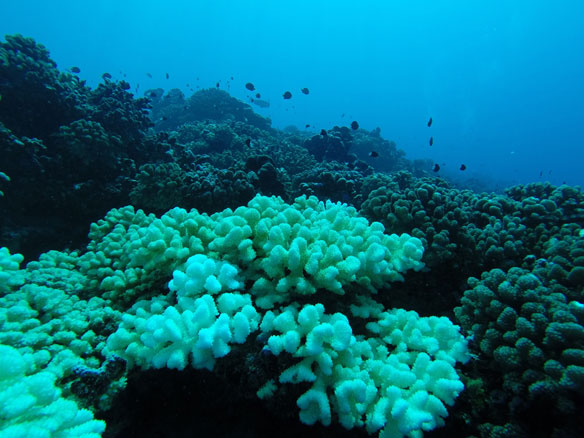
Global warming and the current intense El Niño are prolonging the longest global coral die-off on record, according to NOAA scientists, who will will present the latest global bleaching update and outlook Friday, Feb. 26 at the 2016 Ocean Sciences Meeting in New Orleans.
Seeing the Reef for the Corals
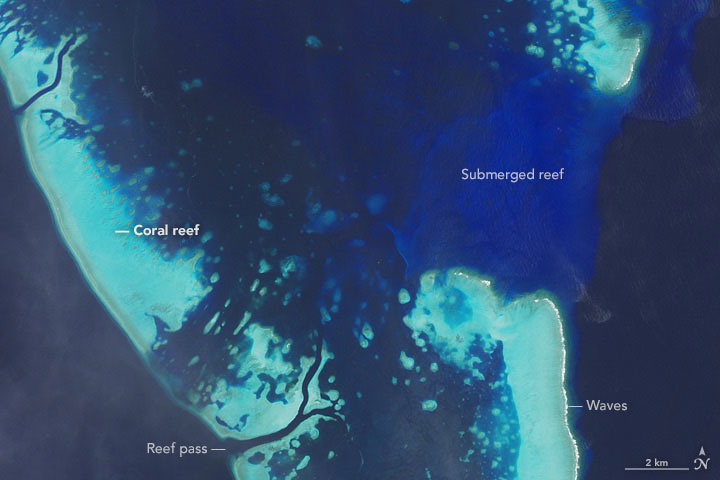
The rainforests of the sea, are one of the most prized ecosystems in the ocean. Coral reefs are home to about a quarter of all ocean fish species, making them hot spots of biodiversity. They protect shorelines from storms, provide food for millions of people, and provide economic benefits by encouraging tourism. Despite their value, few of the world’s reefs have been studied.
Survey shows Aussies’ love and concern for Great Barrier Reef
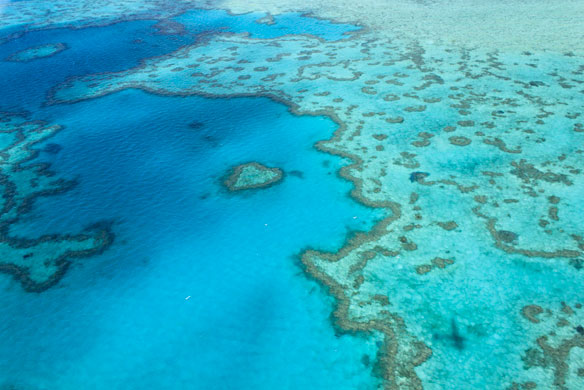
A James Cook University researcher has found more than three quarters of Australians regard the Great Barrier Reef as part of their national identity and nearly 90 per cent believe it is under threat from climate change.
The Great Barrier Reef Like You’ve Never Seen It Before
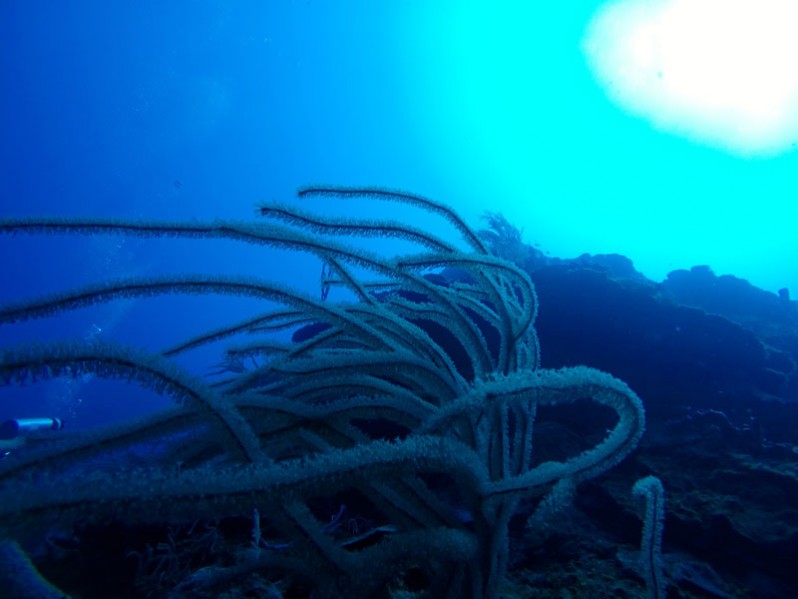
Sir David Attenborough uses new technologies to create an interactive journey, highlighting the perils of climate change.
NASA’s CORAL Campaign Will Raise Reef Studies to a New Level
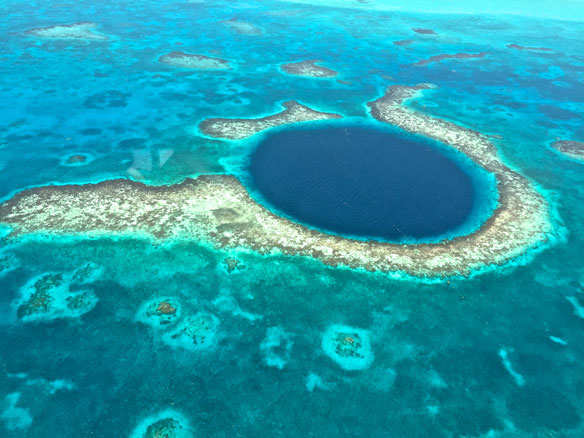
Coral reefs, sometimes called the rainforests of the sea, are home to a quarter of all ocean fish species. They protect shorelines from storms and provide food for millions of people, yet very little of the world’s reef area has been studied scientifically.
Sixty years on, Attenborough back to Great Barrier Reef for new series

British naturalist Sir David Attenborough first visited Australia’s Great Barrier Reef in 1957, scuba-diving in its crystal clear waters along with an array of species. Nearly 60 years later, the 89-year-old returns to the world’s largest coral reef for a new television series, exploring the spectacular ecosystem.
Coral reefs could be more vulnerable to coastal development than predicted
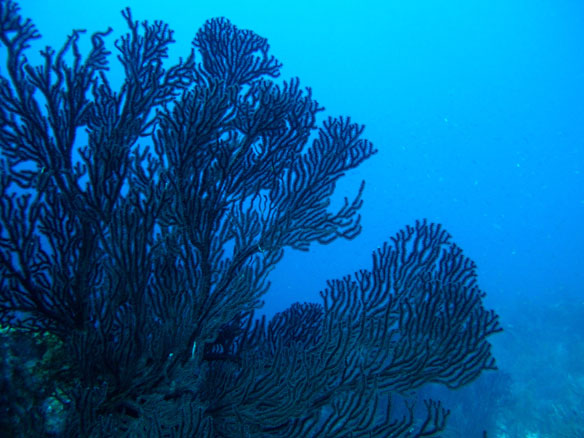
For years, many scientists thought we had a secret weapon to protect coral reefs from nutrients flushed into the seas by human activity. But a new study sheds doubt on that idea, underscoring the importance of sustainable growth in coastal areas.
Great Barrier Reef Protecting Against Landslides, Tsunamis
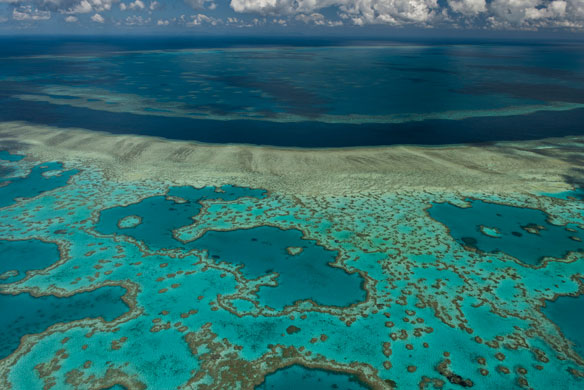
The world-famous Australian reef is providing an effective barrier against landslide-induced tsunamis, new research shows.
A Delicate Balance: Protecting Northwest’s Glass Sponge Reefs
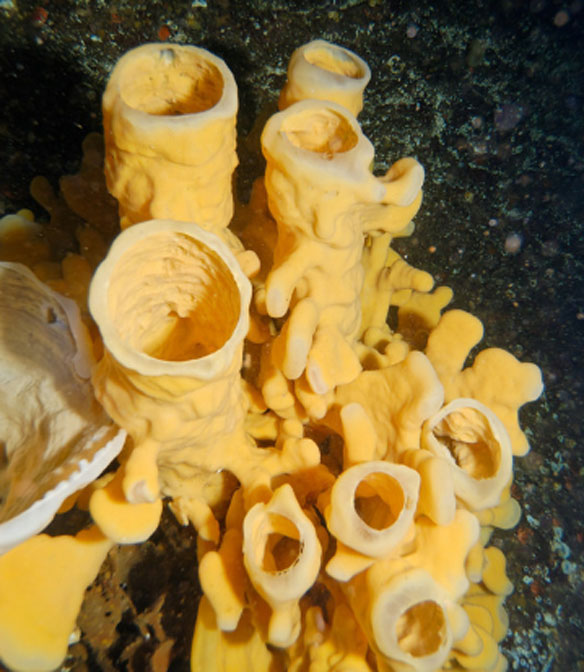
Rare and extensive reefs of glass sponges are found only one place on earth – a stretch of the Pacific Northwest coast. Now, efforts are underway to identify and protect these fragile formations before they are obliterated by fishing vessels that trawl the bottom.
